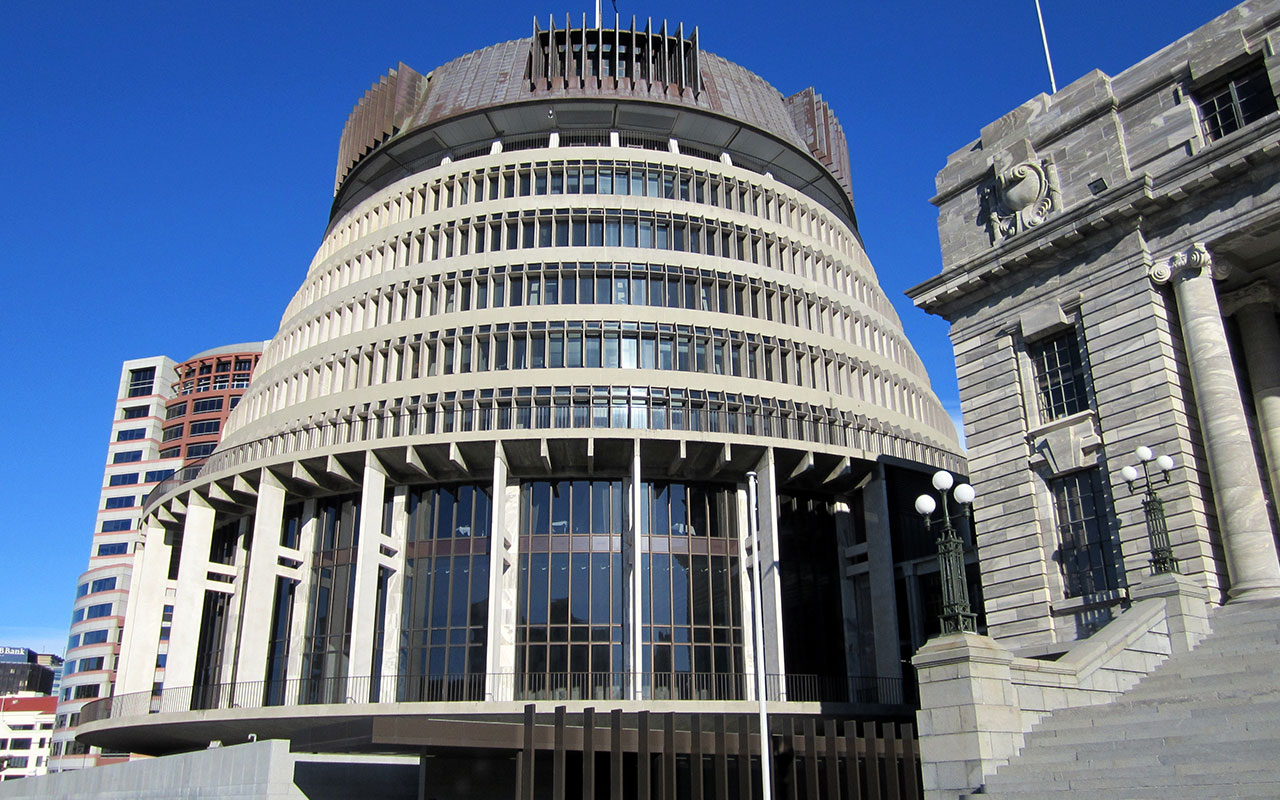OPINION
In due course, we will have a new government formed and it’s been signalled there will be a ‘mini-budget’ that will involve cuts to government expenditure. All well and good: an important inflation-fighting measure desperately required, and I think I speak for the man in the street when I say anything that brings inflation back down to one per cent and keeps it there is better than the alternative.
One area the new government could look at would be superannuation for politicians. Now, before everyone rolls their eyes and thinks I am some nutter who moans about such matters – read on. History doesn’t appear to record why the parliamentary superannuation scheme was changed in 1990, and various MPs around at the time have also been unable to explain the change. Personally I think the old, pre-1993-election superannuation was a much better way of doing things.
What used to happen was this: a member of parliament would pay 10 per cent of their salary into the scheme. In return they would be allocated 1/32nd of an MP salary for every year of service with a maximum of 21 years (ie: the maximum superannuation was 66 per cent of an MP salary). This could be paid from the age of 50 and was inflation adjusted. There was also a provision (although, as I understand it, almost nobody ever did this) that a retiring or defeated MP could have a lump sum in cash and a reduced pension entitlement. If a member died whilst in office their widow would receive 50 per cent (i.e. 1/64th of an MP salary for every year of service).
Personally I think we should return to this scheme, as it would save a considerable amount of money. It should not be accessible from age 50, as that is just silly. Make it 65, as for everybody else.
From the 1993 general election the current system has worked as follows: an MP has a KiwiSaver like everyone else, but for every dollar they contribute – and most contribute 10 per cent – they receive $2.50 from the taxpayer. Today that means an MP contributes $16,396.10 (10 per cent of their salary) and the rest of us chip in $40,990.25 for a total of $57,386.35 per year to a backbench MP’s KiwiSaver – and of course it’s considerably more than that for ministers.
If you start to do the mathematics, making the old scheme applicable to the crush of new chums entering parliament would save the taxpayer a substantial amount of money in the long term. For those current MPs who have been re-elected, they could opt to convert their KiwiSaver balance to a pension based on some sort of formula that could be worked out – on the grounds of supererogation – and start paying their 10 per cent for further entitlements.
With regard to payout at the other end for the pre-1993 scheme, there are only a handful of people who’ve done well out of it (ie: receiving the 66 per cent maximum entitlement for a long period of time). Labour ministers Roger Douglas, Warren Freer, Colin Moyle, Norman King and Bob Tizard, along with an obscure Brian MacDonnell (a former MP in Dunedin who left parliament in 1984). The National MPs would be Nick Smith, George Gair, Brian Talboys, Jim Bolger, Bill Birch and Warren Cooper. As you can see it is hardly a strain on the Treasury.

